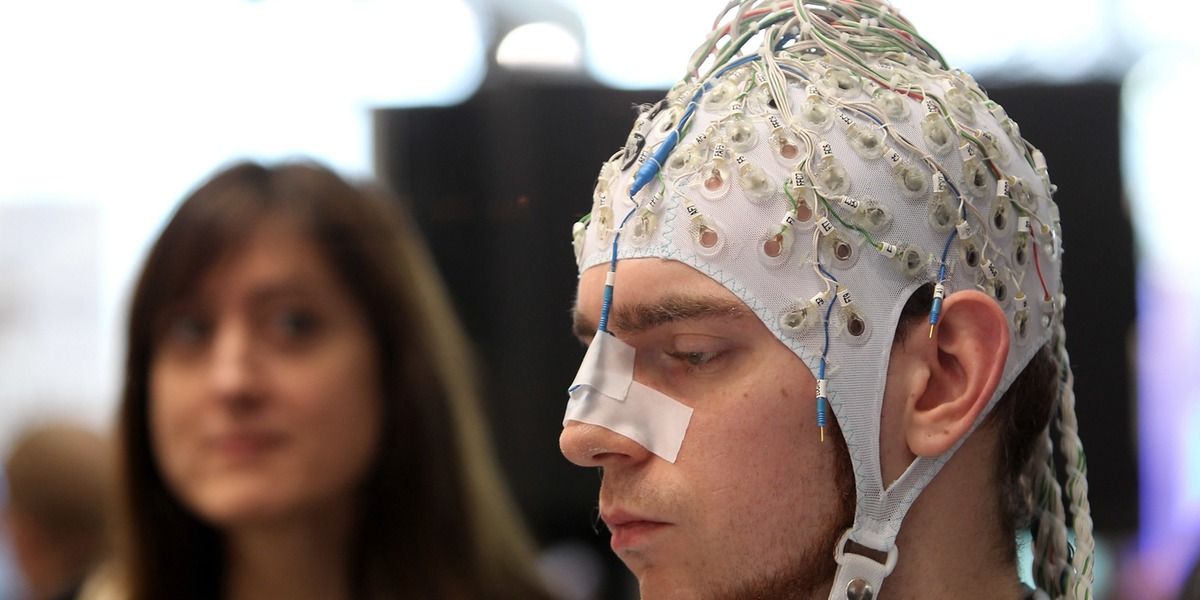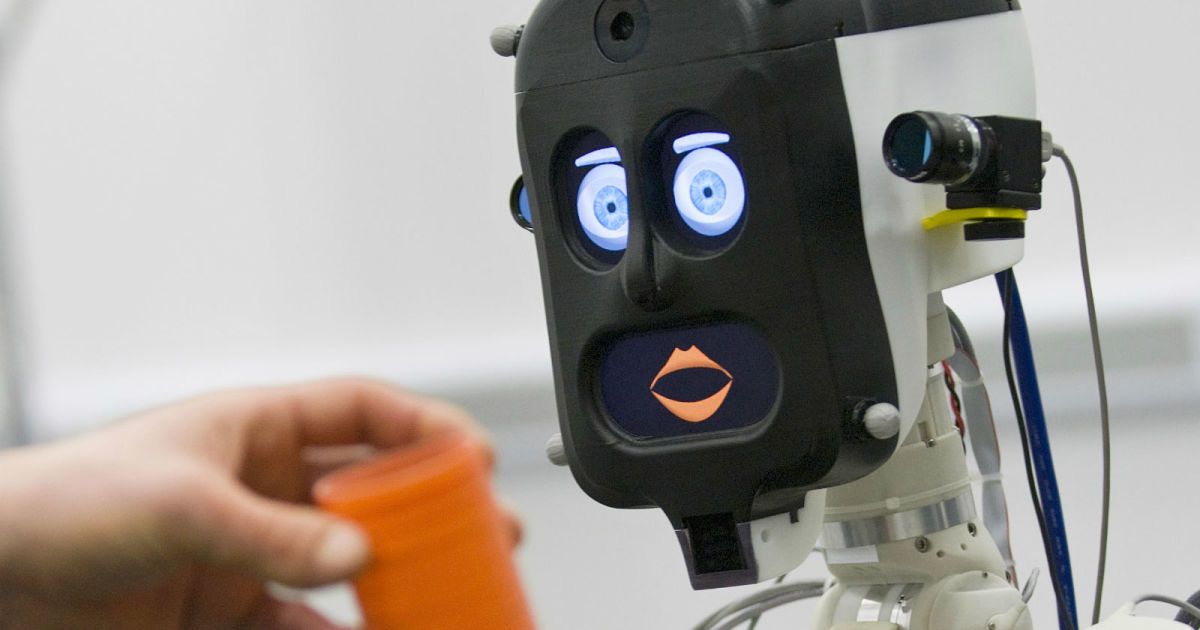Aug 27, 2016
Is Anything Truly Random or Is There an Underlying Order to Everything?
Posted by Karen Hurst in categories: ethics, quantum physics
A discussion that I have had often.
In Beyond Science, Epoch Times explores research and accounts related to phenomena and theories that challenge our current knowledge. We delve into ideas that stimulate the imagination and open up new possibilities. Share your thoughts with us on these sometimes controversial topics in the comments section below.
The Dutch philosopher Baruch Spinoza (1632–1677) wrote in “Ethics I”: “Nothing in Nature is random. … A thing appears random only through the incompleteness of our knowledge.”
Continue reading “Is Anything Truly Random or Is There an Underlying Order to Everything?” »

















